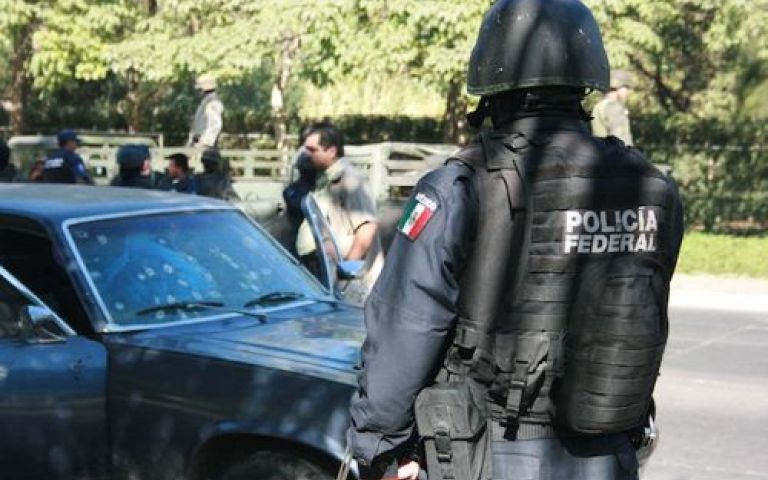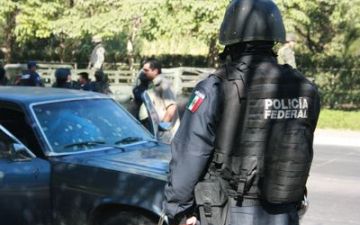In the last several years, at least one dozen Mexican norteño musicians have been murdered in a wave of violence bearing the brazenness and brutality of Mexico's drug cartels. Most of the victims performed what are known as "narcocorridos," popular folk songs that tell the stories of the Mexican drug trade — and, depending on who you ask, celebrate its leaders as folk heroes.
For years, the cartels encouraged these types of songs; in fact, many traffickers commissioned well-known musicians to write about their exploits. But now, in the midst of a government offensive against the traffickers and brutal infighting among the cartels, some corrido musicians have found themselves in the middle of the violence. The murders are just one reflection of how Northern Mexico's complicated relationship with the drug trade is changing.
Video producers Clayton Worfolk and Jordan deBree travel to Sinaloa, the heart of drug country, to tell the story of the narcocorrido and to find out what the death of popular musicians says about Mexico's violent drug war.



